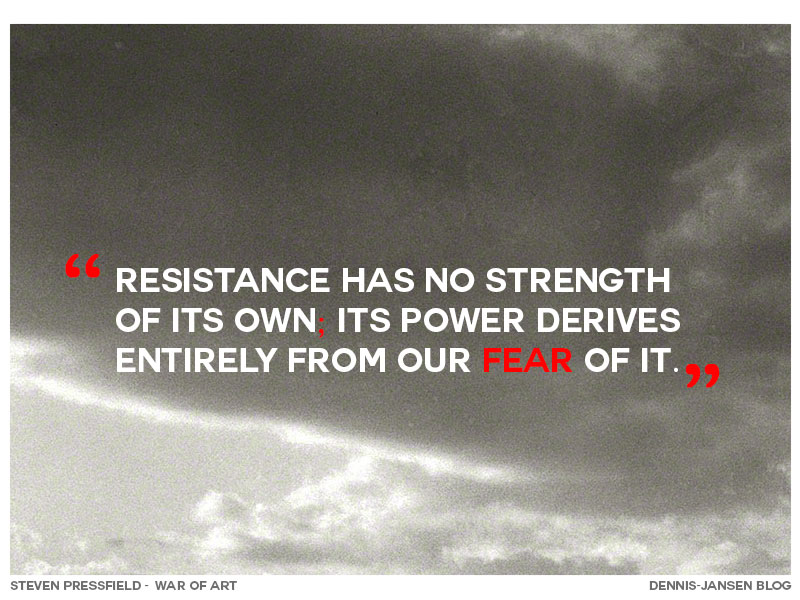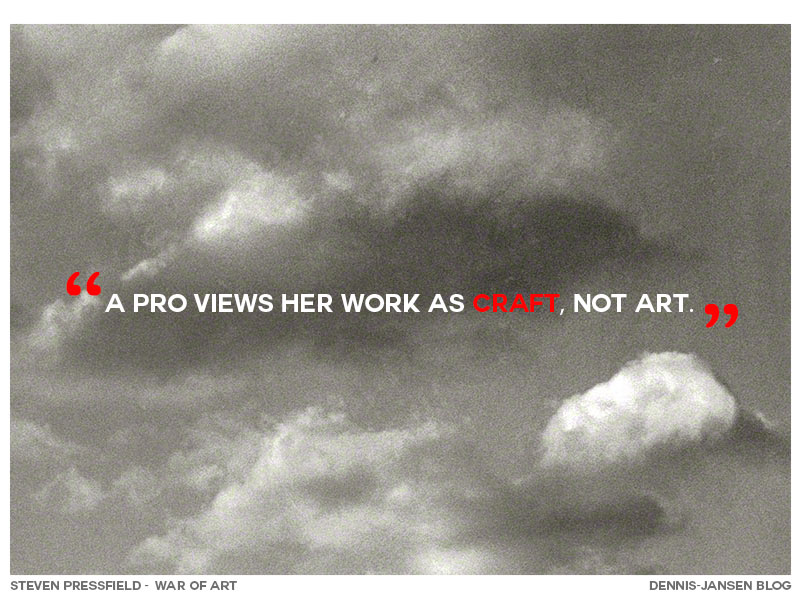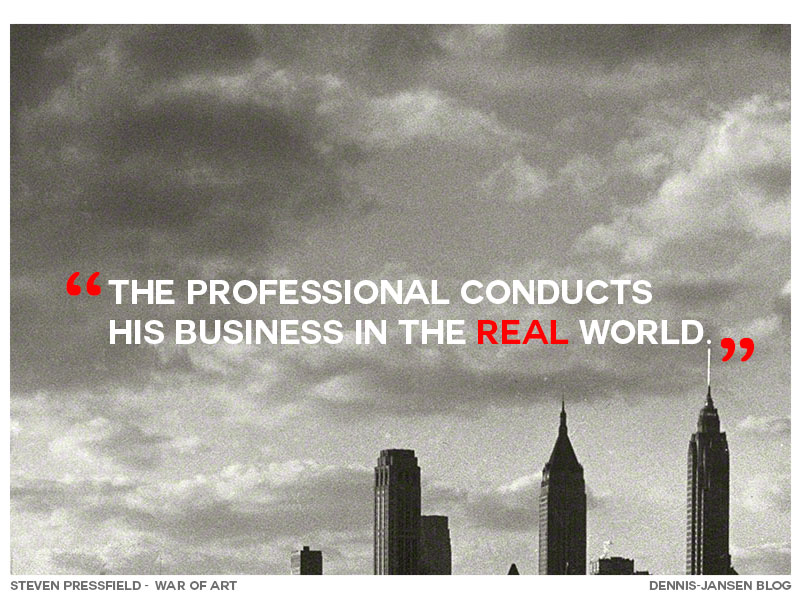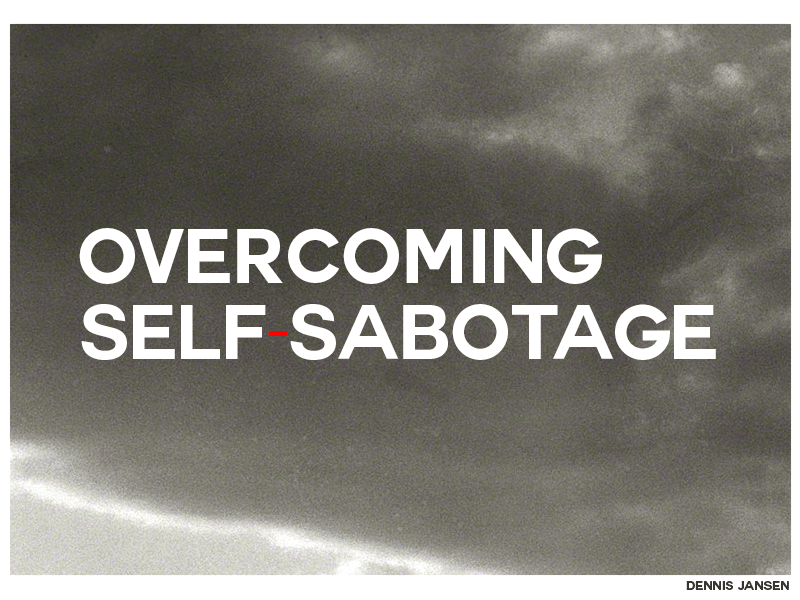“The professional is prepared at a deeper level. He is prepared, each day, to confront his own self-sabotage.”
The Great Discontent is one of my favorite magazines. It’s comprised entirely of interviews of creative individuals like designers, illustrators, writers, and entrepreneurs.
Interviewees are asked a standard set of questions, including whether they have any favorite books.
The War of Art by Steven Pressfield kept coming up during these interviews – from business writer Seth Godin to photographer Paul Octavious.
The diversity of people recommending this book made me curious enough to purchase it and see what the fuss was about.
Simply put – The War of Art is fascinating, but slightly depressing because it destroys my ability to create excuses for not getting important work done.
Steven Pressfield explores three aspects of living a productive creative life:
1. Combating resistance
2. The importance of craftsmanship
3. Playing for money

Resistance is self-sabotage: the boogeyman that plagues most artists and creative professionals.
Pressfield details the many forms that Resistance can take, including:
- Fear
- Self-doubt
- Procrastination
- Addiction
- Distraction
- Timidity
- Ego and Narcissism
- Self-Loathing
- Perfectionism
Or, as Pressfield puts it in his follow-up book, Do the Work:
“Resistance is a repelling force. It’s negative. Its aim is to shove us away, distract us, prevent us from doing our work. Resistance will tell you anything to keep you from your work. It will perjure, fabricate, falsify; seduce, bully, cajole. Resistance is protean. It will assume any form, if that’s what it takes to deceive you.
“Resistance is always lying and always full of shit.”
Resistance will spring up through “any act that rejects immediate gratification in favor of long-term growth, health or integrity.”
Resistance is behind the excuses that stop us from eating right, going to the gym, leaving the bar early, or starting on that important project.
Resistance is not only unproductive, but also addictive:
“The professional knows if he caves into resistance today, no matter how plausible the pretext, he’ll be twice as likely to cave in tomorrow.”
Identifying resistance also makes social arrangements with friends more difficult – am I going to the bar to hang out with friends or am I just seeking to procrastinate the more important tasks in life?

This is similar to the concept of “deliberate practice” popularized by Cal Newport.
Another topic that Steven Pressfield tackles in the book is the importance of adopting a craftsman’s mindset. This mindset is about building a solid foundation for an extraordinary career by mastering discrete techniques.
“The professional dedicates himself to mastering technique not because he believes technique is a substitute for inspiration, but because he wants to be in possession of the full arsenal of skills when inspiration does come.
The professional is sly. He knows that by toiling beside the front door of technique, he leaves room for genius to enter by the back.”
The “craftsman mindset” is common among musicians, athletes, and chess players, but it’s very rare in white collar jobs.
Although I didn’t have a term for it at the time, I used the craftsman mindset to excel in my past jobs because I methodically tested ways of increasing my efficiency and productivity.
This allowed me to outperform my peers and gave me time to focus on meaningful projects that led to freelance offers and quick promotions.
By intentionally deploying a craftsman mindset and deliberate practice, I hope to make more informed decisions regarding where to spend my energy at the office.

The last interesting idea from The War of Art is the importance of working for money. Steven Pressfield believes that “playing the game for money produces the proper professional attitude.”
Money is what separates hobbies from serious career pursuits – the amateur pursues his work aimlessly, whereas the professional focuses on providing a skill (or product) valuable enough for other people to pay for it.
An excellent companion book to The War of Art is Cal Newport’s So Good They Can’t Ignore You, which takes a more scientific approach to the same concepts and links them to career satisfaction.
I find the “playing for money” concept helpful for improving my skills in areas that are solely recreational. For example – picking up freelance writing jobs to maintain my content strategy skills or generating income from this blog to ensure that the quality remains consistent.
Understanding resistance, embracing the craftsman mindset, and playing for money have worked for me so far. I hope using these concepts in a structured way will yield even better results.





No Comments